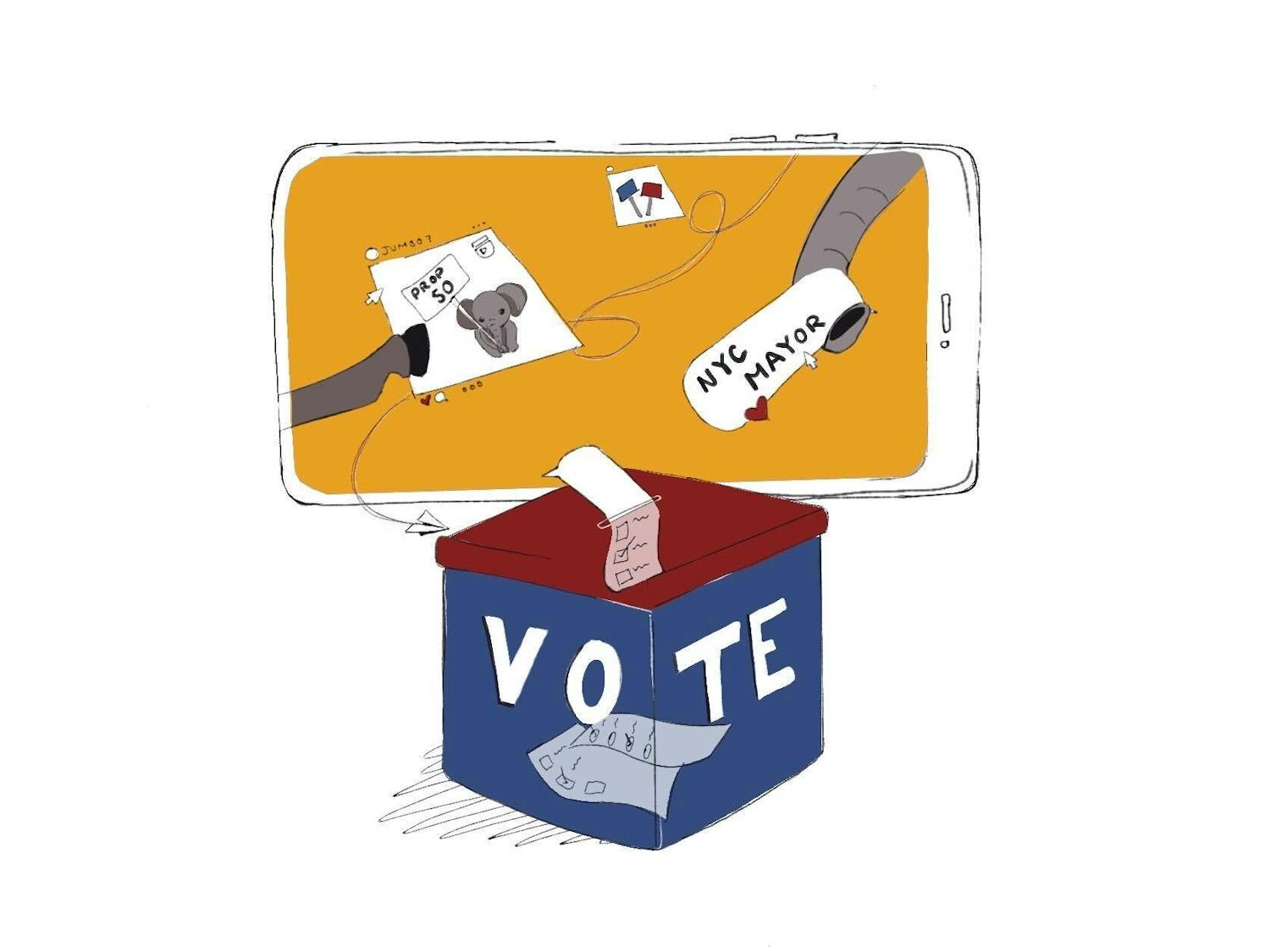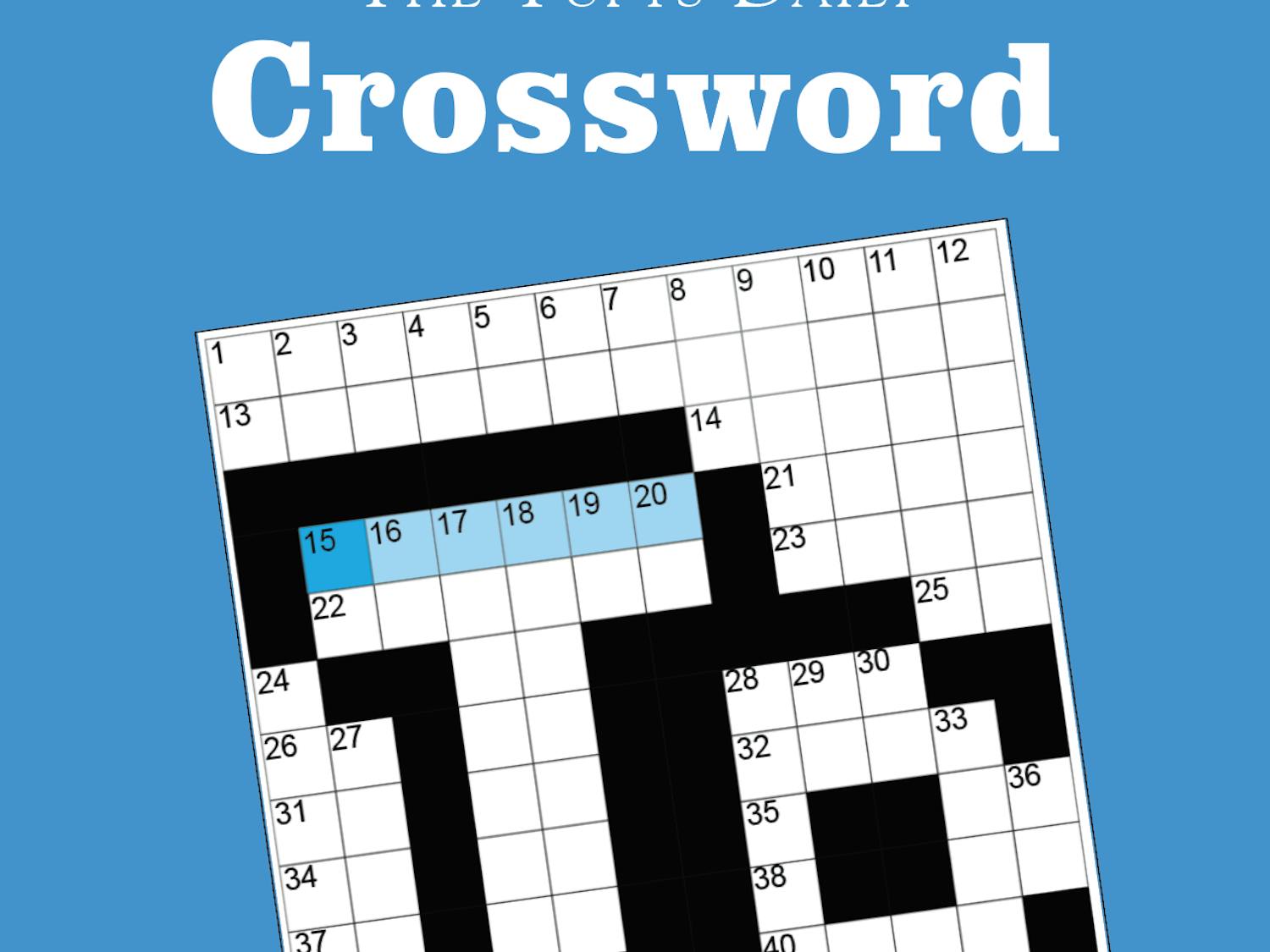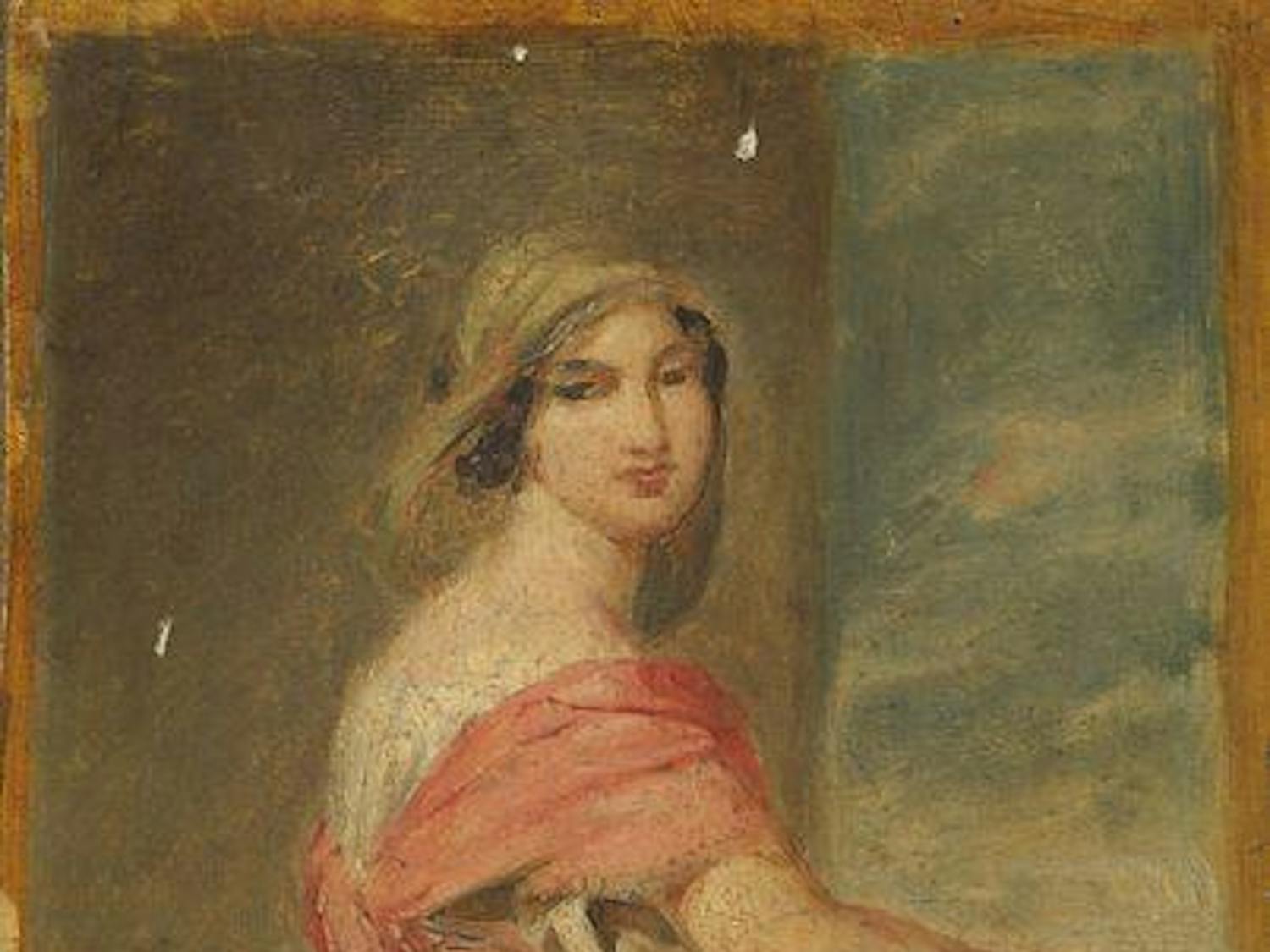Can woke keep winning?
By Max Lerner | December 4With the holidays approaching, I find myself bracing for accusations of being the ‘woke’ sibling — the one who has been influenced, if not wholly indoctrinated, by the radical ways of his liberal arts college. In all honesty, this may not be far from the truth. But rather than being radicalized by some higher-education agenda, I’ve merely found myself among peers having conversations that reflect political awareness, intelligence and urgency. This bloc embodies a hunger for institutional change and a willingness to actually take action that, I would argue, form the bedrock of our ‘American experiment.’












